Rutgers Climate Symposium 2020
On October 23, 2020, more than 300 citizens; academics; federal, state, and local officials; and representatives from business and nongovernmental organizations from around the globe, participated in the 2020 symposium which was held as a virtual event due to the COVID-19 pandemic. This year's theme was Public Universities and Transformative Climate Action for A Just Recovery. Two plenary panels discussed the role of public universities in addressing climate action amidst the intersecting crises of a global pandemic, a racial reckoning, and climate change. Speakers provided insights on how universities have been educating and training their students, conducting and applying research, and working in their communities, while also highlighting ways to expand these opportunities in addressing climate change.
Panelists included Stephen Gavazzi, Professor of Human Development and Family Science, in the College of Education and Human Ecology at The Ohio State University; Lisa Graumlich, Professor and Dean of the College of the Environment at the University of Washington, Rosina Bierbaum, Professor and Dean Emerita at the University of Michigan and the Roy Weston Chair in Natural Economics at the University of Maryland, Professor Kevin Lyons of the Department of Supply Chain Management, Rutgers University; Joel Rogers, the Noam Chomsky Professor of Law, Political Science, Public Affairs, and Sociology at the University of Wisconsin-Madison; and Jeanne Herb, Executive Director of the Environmental Analysis and Communications Group at the Edward J. Bloustein School of Planning and Public Policy, Rutgers University.
Rutgers Climate Symposium 2020
Public Universities and Transformative Climate Action
October 23, 2020
AGENDA
11:00 AM Welcome
Jonathan Holloway, President, Rutgers University
Laura Lawson, Interim Executive Dean, School of Environmental and Biological Sciences
Peter March, Executive Dean, School of Arts and Sciences
11:15 AM Plenary Panel I
The Role of Land Grant Universities in Listening to Citizens and Responding to Community Needs
Stephen Gavazzi, The Ohio State University
Role of Higher Education in Transformative Climate Action
Lisa Graumlich, University of Washington
Graduate Training to Bridge the Science-Practitioner Divide | Presentation PDF
Rosina Bierbaum, University of Michigan and University of Maryland
12:00 PM Break
12:15 PM Plenary Panel II
Building Capacity for Transformative Climate Action | Presentation PDF
Kevin Lyons, Rutgers University
Incubating High Road Economic and Social Development | Presentation PDF
Joel Rogers, University of Wisconsin
Translational and Transactional Multi-sectoral Engagement with Practitioners and Decision-makers | Presentation PDF
Jeanne Herb, Rutgers University
1:00 PM Adjourn
Rutgers Climate Symposium is made possible through the generous support of the
Frank Sposato Memorial Endowment
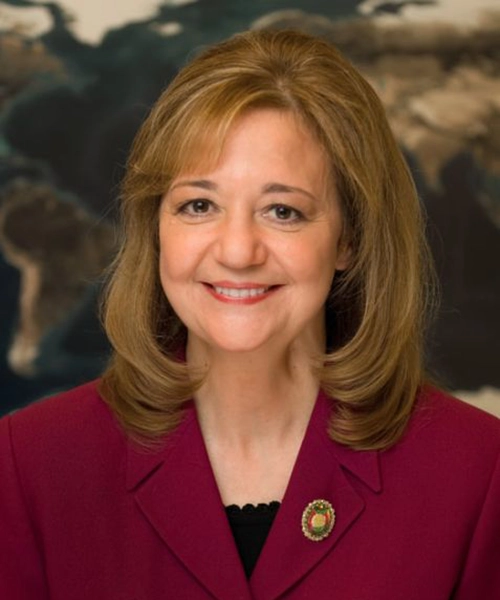
Rosina Bierbaum
Dr. Rosina Bierbaum is Professor and Dean Emerita at the University of Michigan with appointments in the School of Environment and Sustainability and the School of Public Health. She is also the Roy F. Weston Chair in Natural Economics at the University of Maryland in the School of Public Policy. Her research focuses on climate change adaptation and mitigation seeking to inform policy through science.
Dr. Bierbaum’s experience extends from climate science into foreign relations and international development. She served for two decades in both the legislative and executive branches of the U.S. Government, and ran the first Environment Division of the White House Office of Science and Technology Policy. Currently, Dr. Bierbaum chairs the Scientific and Advisory Panel of the Global Environment Facility, but she has also served on President Obama's Council of Advisors on Science and Technology, was an Adaptation Fellow at the World Bank, and a lead author of the U.S. National Climate Assessment. She also serves on the board of American Association for the Advancement of Science, the Gordon and Betty Moore Foundation, the Wildlife Conservation Society, the Federation of American Scientists, the Environmental and Energy Study Institute, the Climate Reality Project, the Morgan Stanley Institute for Sustainable Investing, and the Tyler Prize for Environmental Achievement.
Dr. Bierbaum is a member of the National Academy of Sciences, as well as a fellow of the American Academy of Arts and Sciences, the American Association for the Advancement of Science, the Ecological Society of America, and Sigma Xi. She has also received the American Geophysical Union’s Waldo Smith award for ‘extraordinary service to Geoscience’ and the Environmental Protection Agency’s Climate Protection Award.
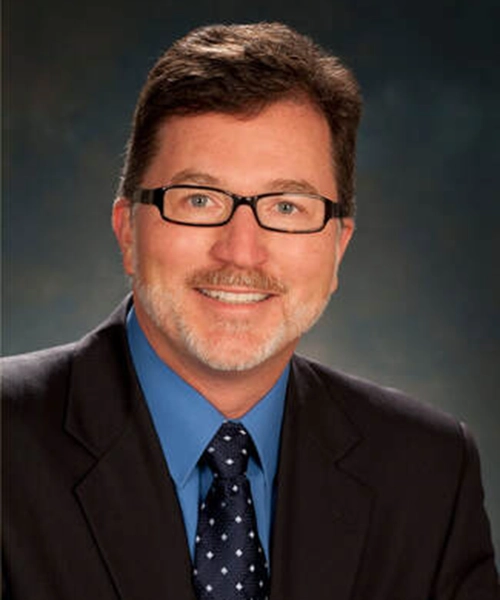
Stephen M. Gavazzi
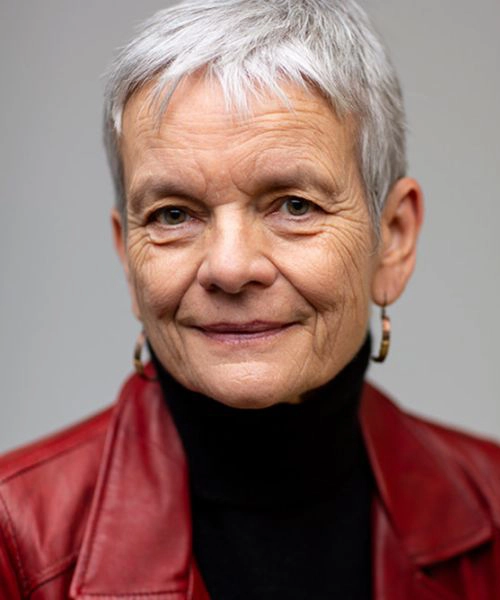
Lisa J. Graumlich
Dean Lisa J. Graumlich, Mary Laird Wood Professor, is the inaugural dean of the College of the Environment at the University of Washington. As dean, she leads a College with unparalleled depth and breadth in environmental systems: from the forests to the seas and from the depths of the earth to the edges of the solar system. As a scholar, Graumlich pioneered the use of tree-ring data to understand long-term trends in climate, focusing on characterizing the vulnerability of ecosystems and communities in mountain regions of the world.
Graumlich has served as a faculty member at University of California-Los Angeles, the director of the University of Arizona’s Institute for the Study of Planet Earth and Montana State University’s Mountain Research Center, as well as executive director of their Big Sky Institute. She received her B.S. in Botany and M.S. in Geography from the University of Wisconsin-Madison, and her Ph.D. in Forest Resources from the University of Washington. She was named an Aldo Leopold Leadership Fellow in 1999 and was elected as Fellow of the American Association for the Advancement of Science (AAAS) in 2004. In 2017, she was elected to the American Geophysical Union’s Board of Directors.
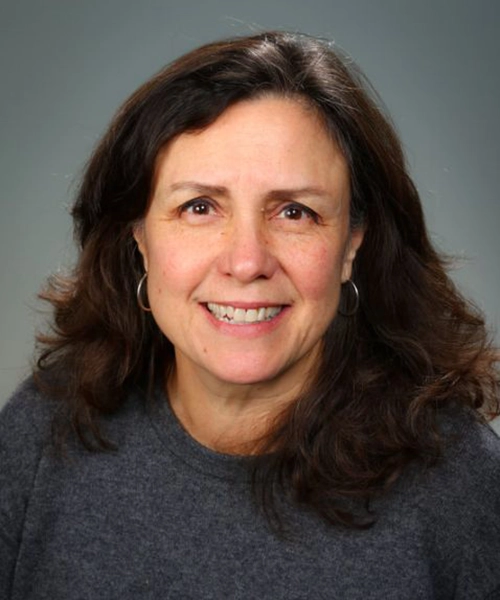
Jeanne Herb
Jeanne Herb directs the Environmental Analysis & Communications Group at the Rutgers University Bloustein School. She leads applied research projects related to climate change, environmental health, sustainable development, coastal management, and integration of natural systems in community planning. Ms. Herb Co-Directs the NJ Climate Change Resource Center, a statutorily-established resource center, the mission of which is to carry out collaborative and interdisciplinary research, analysis, and outreach activities to help NJ adapt, mitigate, and prepare for climate change. She co-facilitates the NJ Climate Change Alliance, a statewide cross-sector collaborative of thought leaders that, for 10 years, has advanced science-informed climate policy and practice. She helps lead the Rutgers Coastal Climate Risk & Resilience (C2R2) Graduate Training Program, a traineeship program that is designed to enhance the ability of graduate students in natural sciences and engineering programs to operationalize coastal resilience from a transdisciplinary perspective. Recently, Ms. Herb co-led a 20-month NOAA Project of Special Merit designed to advance policies and strategies that increase the engagement of socially vulnerable populations as part of climate resilience planning including the development of a web-based training program, data visualization and mapping tools, policy recommendations, and engagement of stakeholders.
Prior to joining Rutgers, Ms. Herb was Assistant Commissioner for Policy, Planning and Science at the NJ Department of Environmental Protection where she oversaw multidisciplinary science-based planning programs associated with coastal zone management, climate change, Environmental Justice, environmental health, and sustainable development. Ms. Herb is an adjunct instructor at Rutgers, teaching a graduate course titled, Communicating Science with Decision-makers and a graduate coastal resilience community planning studio. She has a Master of Arts degree in Science and Environmental Journalism and a Bachelor’s degree in Environmental Studies with K-12 science education certification. Ms. Herb was in the first cohort of the three-year Robert Wood Johnson Foundation National Culture of Health Leadership Program and the second cohort of the two-year Rutgers Leadership Academy.
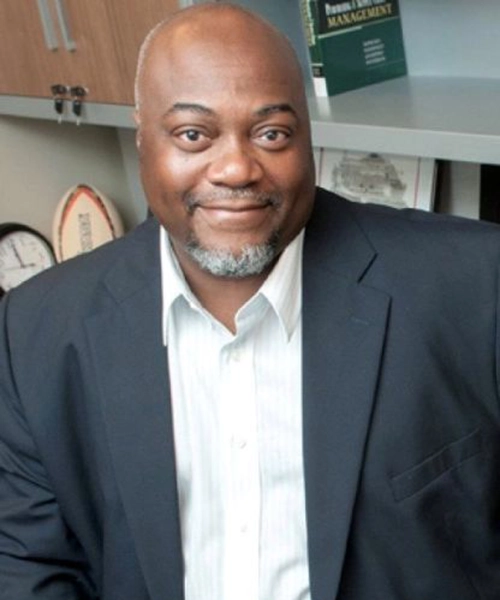
Kevin Lyons
Dr. Kevin Lyons is Associate Professor of Professional Practice in the Supply Chain Management Department at the Rutgers Business School. He also serves as director of the Rutgers Business School Public Private Community Partnership Program. His research focuses on global supply chains, their environmental, social and economic impacts. His work aims to influence sustainable social policy and methods of forecasting and reporting financial impacts of environmental risks. Dr. Lyons has also designed research disciplines such as supply chain archaeology and supply chain waste archaeology. At the University, he has used his expertise to develop the Rutgers Green Purchasing Program and Green Cooperative Purchasing Initiative.
He strongly believes that green purchasing concepts serve to fulfill environmental and social responsibility towards New Jersey citizens, communities and organizations that surround the University system. He is also a recipient of the Sierra Club Annual Professional of the Year Award, the New Jersey State Governor’s Jefferson Awards - PSEG® Environmental Stewardship, and the University President Leaders in Faculty Diversity Award to name a few.
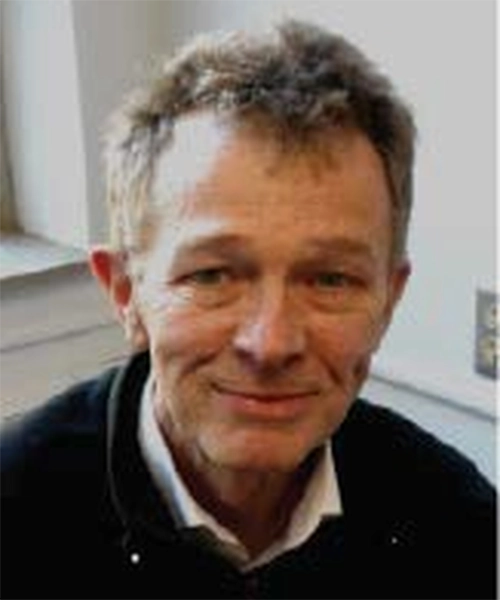
Joel Rogers
Joel Rogers is the Noam Chomsky Professor of Law, Political Science, Public Affairs, and Sociology at the University of Wisconsin-Madison, where he also directs COWS, the national resource and strategy center on high-road development that also operates the Mayors Innovation Project, State Smart Transportation Initiative (with Smart Growth America), and ProGov21. Rogers has written widely on party politics, democratic theory, and cities and urban regions. Along with many scholarly and popular articles, his books include The Hidden Election, On Democracy, Right Turn, Metro Futures, Associations and Democracy, Works Councils, Working Capital, What Workers Want, Cites at Work, and American Society: How It Really Works.
Joel is an active citizen as well as academic. He has worked with and advised many politicians and social movement leaders, and has initiated and/or helped lead several progressive NGOs, including the New Party (now the Working Families Party), EARN, WRTP, Apollo Alliance (now part of the Blue Green Alliance), Emerald Cities Collaborative, State Innovation Exchange, and EPIC-N (Educational Partnership for Innovation in Communities Network). He is a contributing editor of The Nation and Boston Review, a MacArthur Foundation Fellow, and identified by Newsweek as one of the 100 living Americans most likely to shape U.S. politics and culture in the 21st century.



